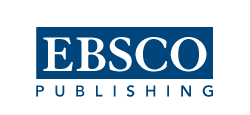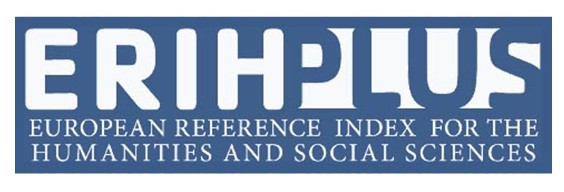Policies
The Journal of Sociotherapy is intended fot the local and international circle of scienntists, students, philosophers, social workers and due to its interdisciplinary nature, it is intended for a wide readership.
Focus and Scope
The role of The Journal of Sociotherapy is to bring interdisciplinary, multidisciplinary, but also a transdisciplinary view on the performance of sociotherapeutic activities in the process of helping and supporting clients in helping professions. The journal is a place to present the latest scientific and professional knowledge in accordance with current trends in contemporary social work in the changing conditions of society, capturing changes in client characteristics, it aims to offer various views and examples of good practice of sociotherapy through testimonials helping professionals. It also allows students to present their own research findings or inform about important social and community activities. Within its content, the journal offers a space for sharing sociotherapeutic experiences, as well as several ways of scientific discussion through scientific articles and reviews of relevant publications. It provides a space for interviews with inspiring people in the context of the theory and practice of sociotherapy, offers space for professional and scientific studies, bringing current findings and trends, provides information about interesting projects in the field. in the reviews, the Journal draws readers’ attention to original works in this area and creates place for information about interesting events (planned and already realized). Journal of Sociotherapy is primarily intended for professionals with an interest in the therapeutic aspects of social work, with a particular focus on sociotherapy as a specific professional social work intervention. However, its current content and focus can be interesting not only for the academic community, educators and research-oriented professionals in social work and students, but also for implementers of specialized social counseling and sociotherapy in practice. It is not only about social work, such as science, academic discipline or practical activities, but also related departments and other helping professions, for which this magazine can be an interesting source of knowledge.
Peer Review Process
The Journal of Sociotherapy follows the guidelines of double-blind peer review, which means that both the reviewer’s and author’s identities are concealed from each other throughout the review process, which is supervised by the editors. The authors’ name should therefore not appear on manuscripts and any reference to the authors’ previous works should be in the third person. The submitted work must not be currently under consideration for publication elsewhere. It is the responsibility of the authors to obtain permission to use any previously published material. The decision of the editorial board is final.
Open access policy
The Journal of Sociotherapy provides constant open access to its content on the principle that making research available to the public free of charge promotes the global exchange of knowledge in academia and the scientific community. OpenAire
Journal socioterapie is open access and licensed under a Creative Commons Attribution 4.0 International License.
Publication ethics
Journal of Sociotherapy is committed to working with editors to define clearly the respective roles of publisher and of editors in order to ensure the autonomy of editorial decisions, without influence from advertisers or other commercial partners. We protect the intellectual property and copyright of the Journal of Sociotherapy, authors and publication
partners by presenting and maintaining the final published version of each article. Journal of Sociotherapy ensures the integrity and transparency of each published article with respect to: conflicts of interest, publication and research funding, publication and research ethics, cases of publication and research misconduct, confidentiality, authorship, article corrections, clarifications and retractions, and timely publication of content. In cases of alleged or proven scientific misconduct, fraudulent publication, or plagiarism the publisher, in close collaboration with the editors, will take all appropriate measures to clarify the situation and to amend the article in question. This includes the prompt publication of a correction statement or erratum or, in the most severe cases, the retraction of the affected work. Publication ethics
Indexed, Archived or Evaluated in
EBSCO Publishing



